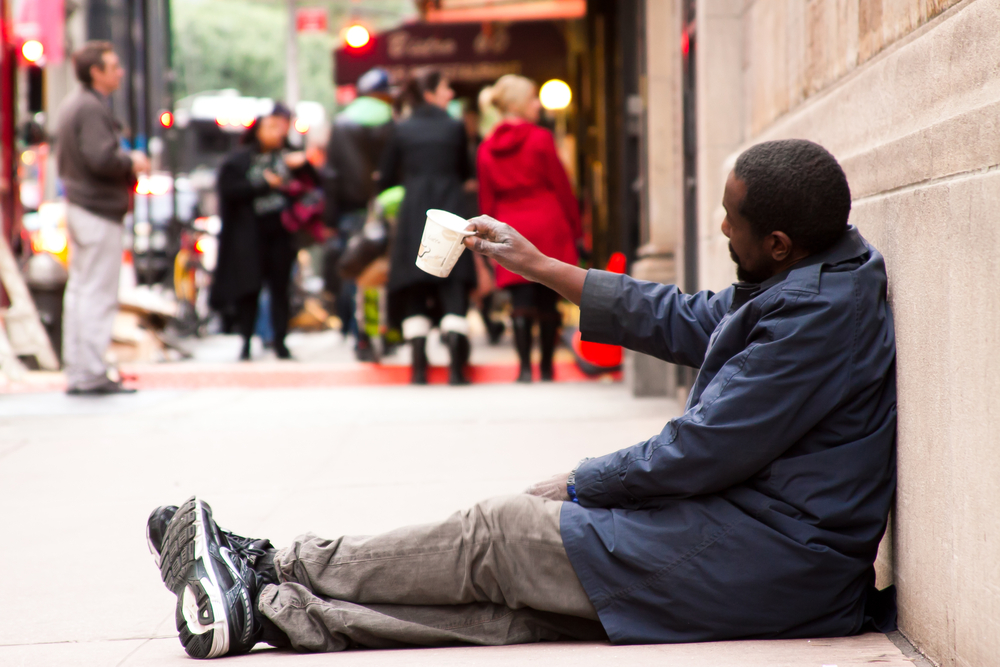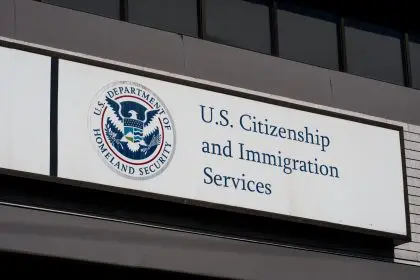The recent Supreme Court decision in City of Grants Pass v. Johnson has sparked widespread debate by ruling that the Eighth Amendment does not prevent cities from criminalizing sleeping outdoors. This landmark decision, delivered in a 6-3 vote led by Justice Neil Gorsuch, has significant implications for the homeless population across the United States.
Understanding the legal background
The case originated in Grants Pass, Oregon, a city with only one homeless shelter, which enforced a local anti-camping law against individuals sleeping in public with minimal protection against the elements. This ruling counters the 9th U.S. Circuit Court of Appeals’ previous stance in Martin v. City of Boise, which prohibited criminalizing public sleeping when no private alternatives were available.
The court’s decision and its implications
The Supreme Court’s decision emphasizes that activities such as sleeping in public can be regulated, distinguishing between status and conduct. The court rejected the notion that being homeless equates to a status that cannot be criminalized, aligning public sleeping with actionable conduct. This decision has legal and profound social implications, potentially leading to increased litigation and further punitive measures against the homeless population.
National crisis: The growing homelessness
Homelessness remains a critical issue in the U.S., with numbers rising sharply post-2020. Factors contributing to this surge include wage stagnation, inadequate public benefits, and a significant shortage of affordable housing. Despite various federal and local efforts to address these issues, the visible increase in homeless encampments has prompted stricter regulations in many cities.
Local responses and future challenges
The ruling may encourage more cities to impose stringent measures against homeless individuals, potentially exacerbating the problem rather than providing solutions. Notably, some cities like Los Angeles have opposed such measures, advocating for more supportive and inclusive approaches. The decision leaves room for future legal challenges, indicating that the debate over how to handle homelessness is far from over.

















